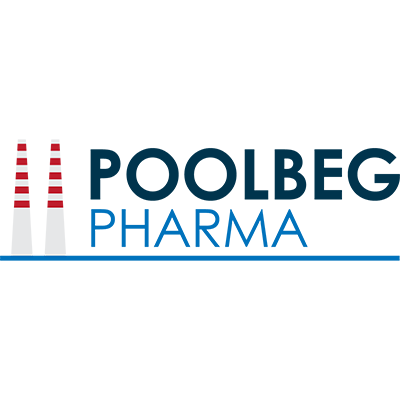CAR-T cell therapies have revolutionised cancer treatment, offering hope to patients with haematological malignancies. However, the associated risk of cytokine release syndrome (CRS) poses significant challenges. Poolbeg Pharma’s POLB 001 emerges as a promising solution to mitigate these risks, potentially enhancing the safety and efficacy of CAR-T treatments.
Chimeric Antigen Receptor T-cell (CAR-T) therapies have marked a significant advancement in oncology, particularly for patients with relapsed or refractory haematological cancers. Despite their efficacy, a substantial proportion of patients—up to 95%—experience cytokine release syndrome (CRS), a potentially life-threatening inflammatory response triggered by the therapy. This adverse effect not only endangers patients but also limits the broader application of CAR-T treatments.
Poolbeg Pharma, a UK-based biopharmaceutical company, is addressing this critical issue with its lead candidate, POLB 001. Originally developed to combat severe influenza by modulating the immune response, POLB 001 has demonstrated potential in mitigating CRS associated with CAR-T therapies. The drug functions as a p38 MAP kinase inhibitor, targeting the inflammatory pathways responsible for the cytokine storm characteristic of CRS.
Preclinical studies have shown that POLB 001 can effectively reduce the levels of pro-inflammatory cytokines, thereby diminishing the severity of CRS without compromising the anti-tumour efficacy of CAR-T cells. This balance is crucial, as it ensures that the therapeutic benefits of CAR-T treatments are preserved while enhancing patient safety.
Recognising the significant unmet need in this area, Poolbeg Pharma has expanded its focus to include oncology applications for POLB 001. The company has filed a patent application covering the use of p38 inhibitors, including POLB 001, in managing CRS induced by CAR-T therapies. This strategic move not only broadens the therapeutic scope of POLB 001 but also positions Poolbeg Pharma to address a market opportunity estimated at approximately $10 billion.
Furthermore, Poolbeg Pharma is undertaking clinical trial enabling activities to evaluate POLB 001 in oncology settings, with plans to initiate trials in CAR-T cell patients. The company’s robust intellectual property portfolio, bolstered by recent patent grants, underscores its commitment to advancing POLB 001 as a companion therapy to CAR-T treatments.
Poolbeg Pharma plc (LON:POLB) is a clinical stage infectious disease pharmaceutical company, with a novel capital light clinical model which enables us to develop multiple products faster and more cost effectively than the traditional biotech model.








































